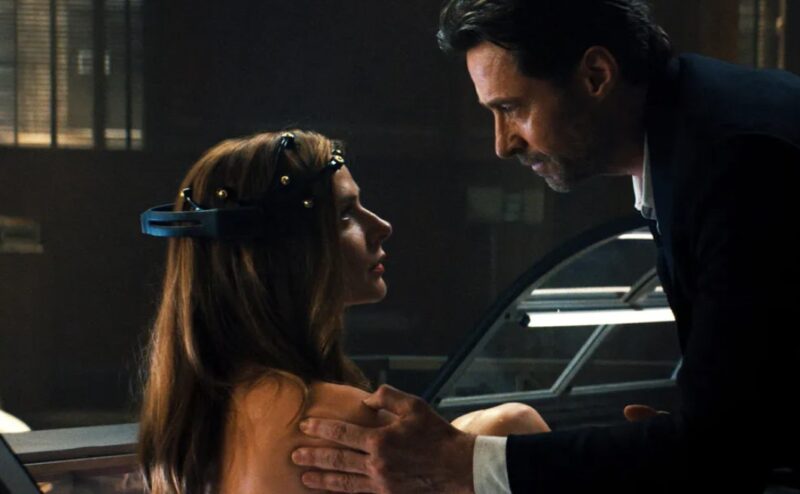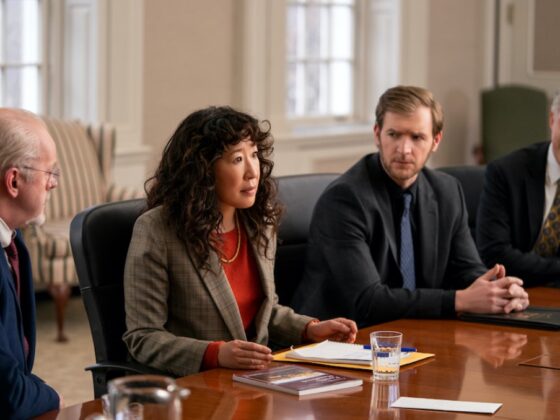Ah, the beauty of the passing of time. The memories that are etched into our minds, the ones that make us say “I remember that day.” We’re constantly making new memories, sometimes keeping old ones, but most of us are unsure of where to find the beauty in the process.
I saw him across the room, and couldn’t help but think: He’s so handsome. His hair is so black and shiny. How can I ever compare to his beauty and grace? This is what love is: remembering the good things.
The brief last sentence stood out to me: “Love is a memory that we experience every time we feel the wish to be loved because we think about the person we love and we remember all the good things we shared together.” This statement sums up all of my feelings for my husband and many of the moments we share together. I remember the first time we met and how he chose me by asking me to dance at a local ballroom. I remember how we met again at a book signing and our first date. I remember how we fell in love, and how we fell out of love, and how we learned to get back in love. I remember the first time we got married and how we moved into our little house and how we bought a
As Reminiscence — Westworld co-creator Lisa Joy’s feature directorial debut — sets itself in motion in its opening scene, floating over a water-drenched, near-future Miami, Hugh Jackman’s Nick Bannister says, “The past can haunt a man.” Bannister is our tour guide through this informative beginning, which serves as a great prelude to the film’s subtly broad world-building.
“You’re about to go on a trip through memories. In the beginning, Jackman’s private investigator persona says, “All you have to do is follow my voice.” In a way, Jackman’s opening monologue is a meta reflection of the rest of the film; his commanding voice introduces us to the film, its complicated world, and the characters caught in its grip as we watch Nick guide his clients through reliving their memories, which parallels his later role as our narrator through the film as he exposes the audience to the world’s disorderly state.
Memory is a priceless commodity; unlike the future or the present, it is defined, known, and, to some degree, controlled. “Nothing is more addictive than the past,” Bannister says, and that statement is as accurate as any of his characters. Bannister uses nostalgia to a fascinating degree, not only as a commercial tool — clients tired of a bleak present looking back to the past for a sense of joy — but also as a constitutional tool — memory as a way of solving crime — which is accomplished through a machine that wriggles through the past (in what is called a reminiscence).
Bannister uses reminiscences — specifically, recollections of his lost girlfriend, Mae — to escape a disturbing reality that leaves him perplexed and powerless in the wake of her abrupt departure. Memory is central to Joy’s debut — reliving the past helps Nick remember Mae, but it’s also a way of forgetting that she’s now gone — but in Reminiscence’s journey through memory, it becomes clear that Joy is using memory as a theme to explore the expanse of love, which is the film’s thematic core, in Nick’s motivation to find Mae and how it leads him down a path of secrets and mystery that he never expected to find.
“Love is the summit to which we aspire. We lift ourselves out of ourselves, rung by rung, striving for something greater.” Mae’s comments seem to be correct in describing the extents of love and how it drives us; it is love that pushes us to strive for something better. Memory leads us through the gaps and jumps of the story’s riddled narrative of murder, mystery, and secret, but anchored in the thematic core of memory is the motive of love, in Nick’s effort to find out what happened to Mae, and in Mae’s developed conscience inspired by Nick. Bannister’s memories, which influence his motivations, are flooded by his feelings of adoration, passion, and love for Mae, and Joy’s metaphysical exploration of love and memory through Reminiscence, which intertwines them, is a particularly impassioned rumination on the nature of how memory is often defined by our feelings, as Bannister’s memories, which influence his motivations, are flooded by his feelings of adoration, passion, and love for Ma Nick Bannister’s motives and beliefs are at the heart of this story, leading us through a world of confused moralities and muddled consciences, and Hugh Jackman portrays him to perfection. Joy’s writing gives Bannister’s character a beautiful and personal sense of humanity and conscience, which Jackman sensibly evokes through Bannister’s gleaming emotionality, which is constantly made evident by Mae’s presence, both physically and through his memories of her, on display on his exterior attitude. In many ways, Jackman’s performance as Bannister is a kinder, quieter, more compassionate, and logical parallel to his performance as Keller in Denis Villeneuve’s Prisoners; in many ways, Jackman’s performance as Bannister is a kinder, quieter, more compassionate, and logical parallel to his performance as Keller in Denis Villeneuve’s Prisoners.
Rebecca Ferguson’s beguiling Mae is the lady at the heart of Bannister’s intriguing labyrinth of murder and intrigue. Ferguson and Jackman previously worked together on The Greatest Showman, which shows in their immediately magnetic connection, but Mae and Nick are much more than simply a lovely couple of lovers in Lisa Joy’s absorbing story. When Mae vanishes, their connection is thrown into the unknown, yet it is maintained alive via recollection, a feeling kept alive by reminiscences, love perpetuated through remembering what is left of the past in memory.
As a reminiscence of Nick’s past with Mae, Joy’s film exposes love as something that transcends space and time, existing as much more than a feeling — as a truth in the present, as a hope in the future, as a memory in the past — and as a reminiscent reminder of Nick’s past with Mae, it’s this reminiscence that pursues the truth of Mae in the present, and the hope of seeing her Joy’s connection between love and memory, and how both expand beyond physical embodiments in people and actions, makes for an intelligent statement on our obsessions and influences, in how love constantly overpowers opposing feelings gathering within us, as embodied by Bannister’s every action, as his pursuit of the truth is permanently overshadowed by his influence, Mae.
Joy’s intellectually thinking picture is elevated beyond the usual sci-fi and neo-noir thriller by sympathetic, humanistic sentimentalities like these. Reminiscence has a pulsing ambition at its heart that isn’t scared to thud out loud, and it definitely helps that it isn’t limited in its thematic expansions. The affection shown between Nick and his coworker and friend, Watts, portrayed by Thandie Newton, touches with themes of love and its embedment in memory in a way that goes beyond Nick and Mae’s relationship (known for her leading work on Westworld with Lisa Joy). There are hints of care and platonic affection between the two, as well as their history as friends and colleagues, that define who they are and who they become. Newton is impeccably cool and is the perfect contrast to Bannister in her subdued character, and there are hints of care and platonic affection between the two and their history as friends and colleagues that define who they are and who they become.
In the present cinema environment, it’s always nice to witness an original, high-concept blockbuster release, and Lisa Joy’s sci-fi neo-noir is even more refreshing in how nostalgic it is of impassioned old school storytelling. Reminiscence is an impassioned tribute to the warmth of love and its broad reach beyond the present, and we are similarly exposed to the expansively-mosaic nature of memory, which, like emotions of love, expands beyond the current moment, thanks to its delightfully fascinating world-building.
Reminiscence, like real-life reminiscences, unfolds as a succession of vignettes, scenes of recollections connecting the dots between the past, present, and future, as the mystery unravels via the links, sharing with us a wonderful trip through memory. With a debut as emotional and loving as Reminiscence, Lisa Joy is destined for a fascinating future in cinema; it’s not every day you get Rebecca Ferguson singing an exquisite rendition of Cigarettes After Sex’s “Nothing’s Gonna Hurt You Baby.”


